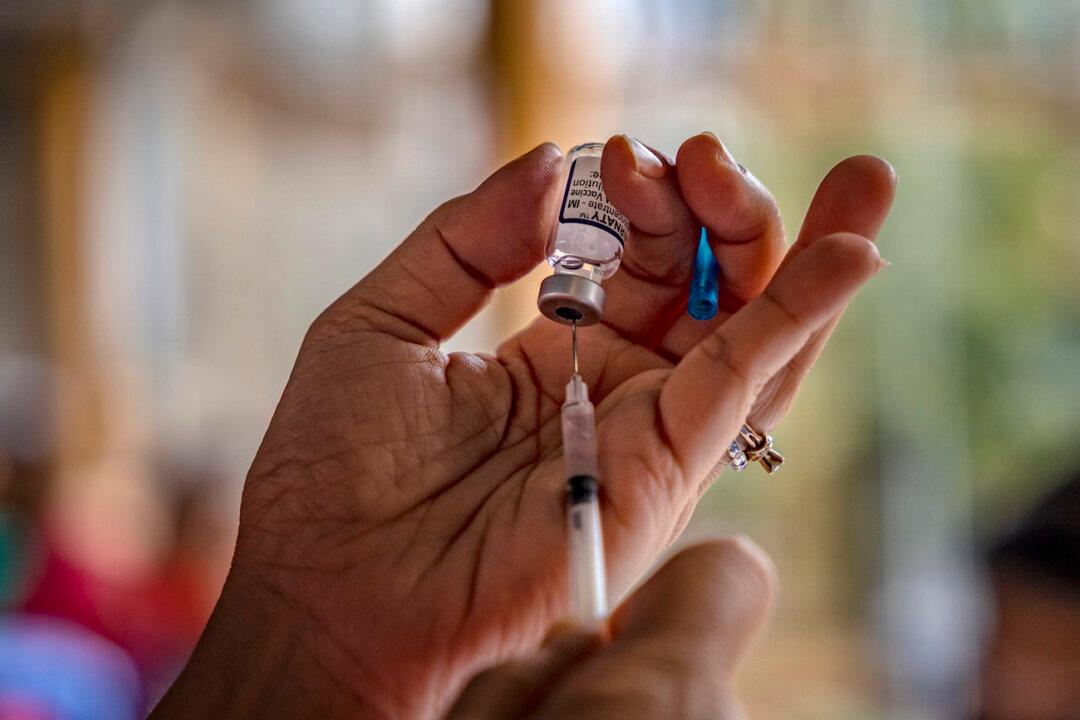Pfizer and partner BioNTech announced they have submitted a request to the U.S. Food and Drug Administration (FDA) to authorize a COVID-19 vaccine booster that has been updated to target the newest Omicron subvariants.
The request comes after the FDA in June advised COVID-19 vaccine makers to amend their shots to target the two Omicron subvariants BA.4 and BA.5, which are better than ever at dodging immunity from earlier vaccination or infection.




